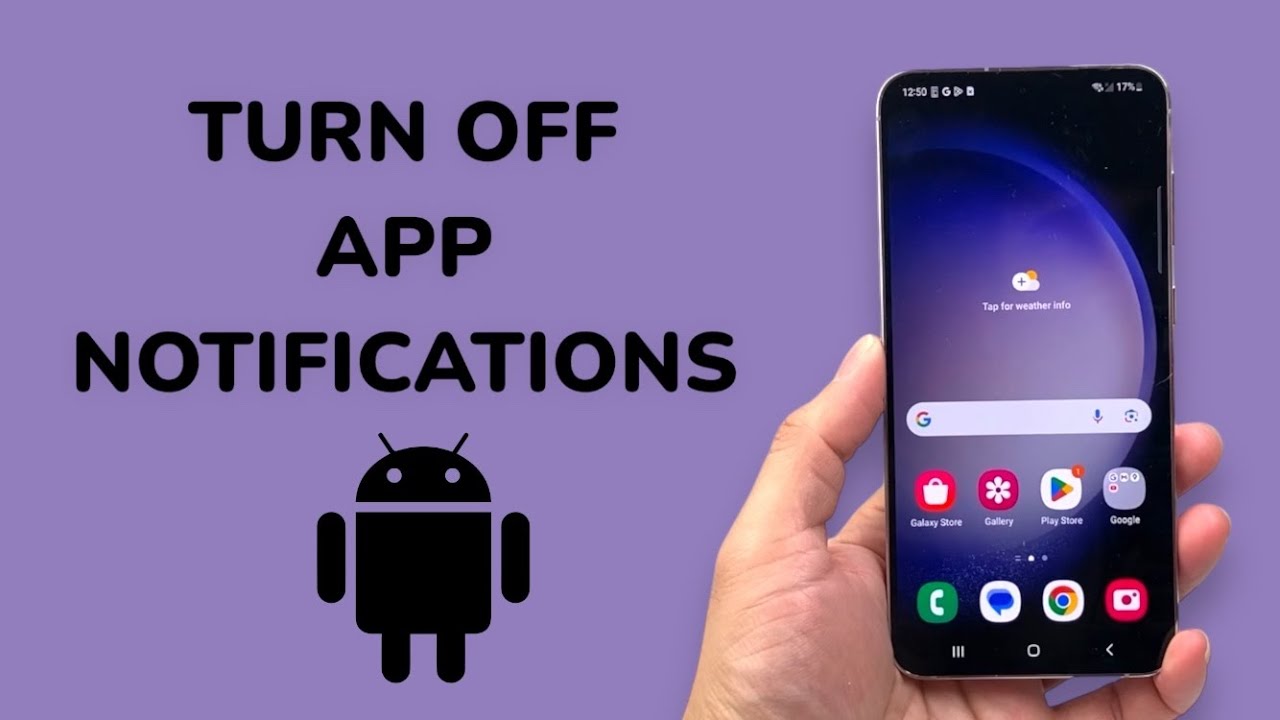
Earlier this year, coinciding with March Madness, sports betting applications consistently alerted Eden Iscil, encouraging him to wager on games, players, and teams. Nevertheless, Iscil had no interest in gambling; he was investigating sports betting app notifications in his capacity as the senior public policy manager for the National Consumers League. This investigation prompted the organization to advocate for a prohibition on sports betting advertisements, particularly through push notifications. Iscil suggests that gamblers should disable these notifications whenever feasible.
Iscil’s study uncovered how sportsbooks leverage notifications to engage users, a tactic that has gained traction since the legalization of online gambling in 2018. Sports betting revenue is projected to hit $13.7 billion in 2024, as stated by the American Gaming Association. Experts caution that push notifications can promote excessive gambling, akin to other application design features. A lawsuit in Baltimore claims that FanDuel and DraftKings utilize notifications to target users and boost spending. Both firms opted not to comment on the ongoing lawsuit.
With the majority of U.S. states permitting online sports wagering, these applications are widespread. A recent survey indicated that nearly 25% of Americans, along with 48% of men aged 18-49, possess an online sportsbook account. Iscil observed that notifications promptly reflected his assumed interests once he started betting, with alerts advertising specific wagers and promotions. Push notifications can seize attention with timely deals, yet in gambling, they may result in hasty decisions and escalated betting.
Dr. Philip Newall, an expert in gambling psychology, investigates how gambling firms manipulate behavior, including making it challenging to establish deposit limits and encouraging users to gamble with their winnings. He contends that engagement tactics have intensified with mobile betting. Individuals with addictions are more vulnerable to advertising prompts, which can heighten their desire to gamble.
Iscil discovered that managing sports betting notifications is not straightforward. Throughout his investigation, he encountered 93 notifications on a phone used for 12 bets, primarily during lunch and dinner periods. Meanwhile, a colleague who refrained from betting received merely 15 notifications. Iscil pointed out that the iPhone settings for these apps allowed opting out of all notifications, but not solely marketing messages. Federal regulations mandate that companies provide opt-out alternatives for marketing emails, but not for push notifications.
The American Gaming Association refrained from commenting on Iscil’s observations. Their code of conduct indicates that advertising should not be excessive. Jaime Costello from the National Council on Problem Gambling recommends disabling app notifications to mitigate gambling urges. She underscores the peril of personalized notifications and proposes batching them, unsubscribing from marketing emails, and utilizing app-enforced limits. Costello believes that gambling operators should let consumers opt-in to marketing messages and advocates for an opt-in model for push notifications.
Costello emphasizes the necessity of tracking wins and losses and acknowledging moments of impulsiveness. She asserts that gambling apps should empower users to control notifications, as the repercussions of gambling can be dire for at-risk individuals. If you or someone you know is facing gambling issues, assistance is available around the clock through the National Problem Gambling Helpline at 1-800-522-4700, via text at 800GAM, or online at https://www.ncpgambling.org/chat.